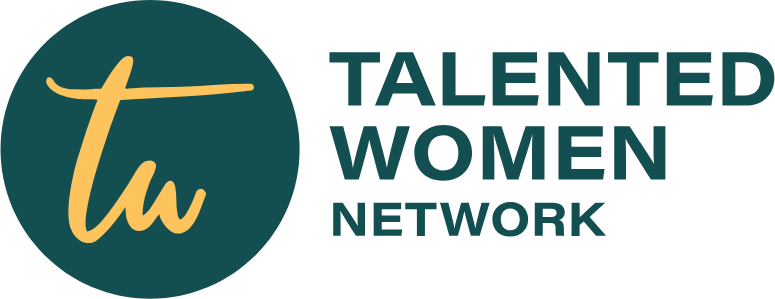Tanzania has announced a $420 million synthetic fuel project that could position the East African nation as a major jet fuel exporter and a potential rival to Nigeria’s Dangote Group, currently the continent’s dominant player in refined fuel production.
According to Business Insider Africa, the project centers on the construction of a gas-to-liquid (GTL) plant that will produce diesel, jet fuel, naphtha, hydrogen, and fertilizer locally—reducing dependence on imported petroleum products and creating a new hub for East African fuel supply.
The initiative gained momentum after Rocky Mountain GTL, a Canadian clean-fuel technology company, completed a feasibility study confirming both the economic and technical viability of the project.
Backed by Tanzania’s vast 57.54 trillion cubic feet of natural gas reserves, the GTL plant aims to make the country Africa’s first exporter of synthetic jet fuel.
Executives from Rithi Tanzania Group—Martin Kaswahili, Jack Pemba, and Hassan Nganzo—told The Citizen that the Tanzanian government and Rocky Mountain GTL have agreed to collaborate on data sharing and further technical studies that will lead to the plant’s construction.
Don’t Miss This: South Africa’s new high-grade gold project secures $6m in fresh investment
“They have agreed to share detailed information regarding the market and gas resources now and in the future, as well as conduct a feasibility study that will lead to the construction of the plant,” the executives said.
The project is expected to boost local fuel availability, particularly for airlines operating within East Africa. “It will give airlines quick access to jet fuel and be more cost-effective, making Tanzanian airlines more competitive,” the company noted.
Rocky Mountain GTL also revealed that Tanzania could benefit from hydrogen exports to Europe and Asia, citing what it called an “unlimited demand” for clean hydrogen energy.
The development marks a bold challenge to the Dangote Refinery, which currently dominates Africa’s aviation fuel market.
Dangote’s 650,000-barrel-per-day facility in Nigeria—the world’s largest single-train refinery—has begun exporting aviation kerosene across the continent, extending its supply network from West Africa to the Middle East.
Tanzania’s project, if completed, could shift the balance of power in the regional jet-fuel trade by offering East African nations—including Kenya, Uganda, Rwanda, Burundi, and the DRC—a geographically closer and potentially cheaper alternative fuel source.
“This is a unique and strategic project for Tanzania, and we are convinced of its value,” said Mussa Makame, Director General of the Tanzania Petroleum Development Corporation (TPDC). “If all goes well, we will begin by producing jet fuel locally, eliminating the need for imports.”
Unlike traditional refineries, the modular GTL plant design allows for faster setup—potentially within two years instead of the usual five to seven.
The Tanzanian government has already deployed a due-diligence team to verify the technology and assess its readiness for rollout.
The Bank of Tanzania reports that petroleum imports accounted for $2.6 billion in spending last year, intensifying pressure on the country to secure domestic alternatives. Local financiers are now lobbying to ensure Tanzanian businesses retain majority economic benefits from the project.
If operational by 2027, Tanzania’s GTL facility could redefine the aviation-fuel supply chain in Africa, transforming the country into an export hub and establishing a strong counterweight to Dangote’s market dominance.

